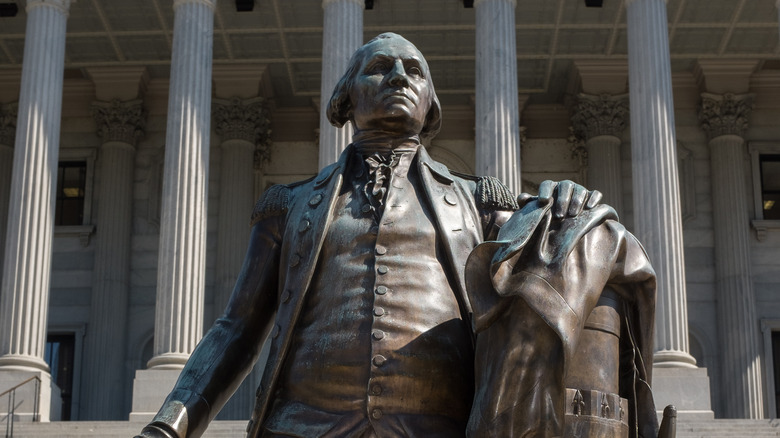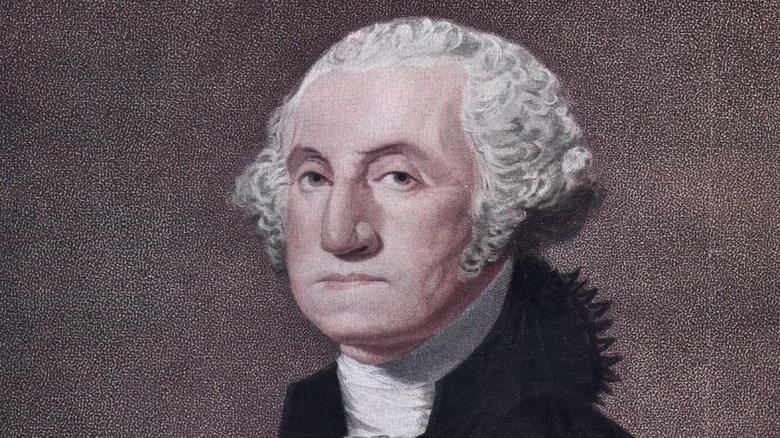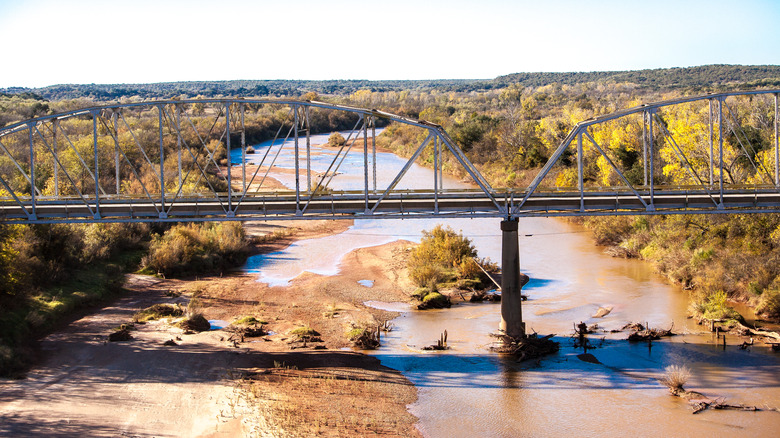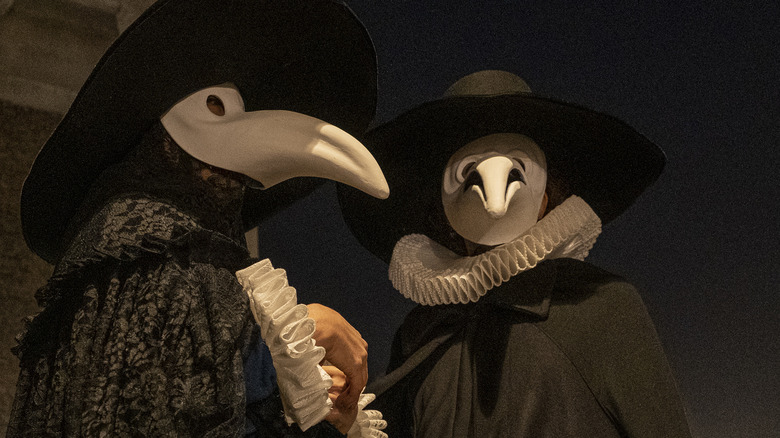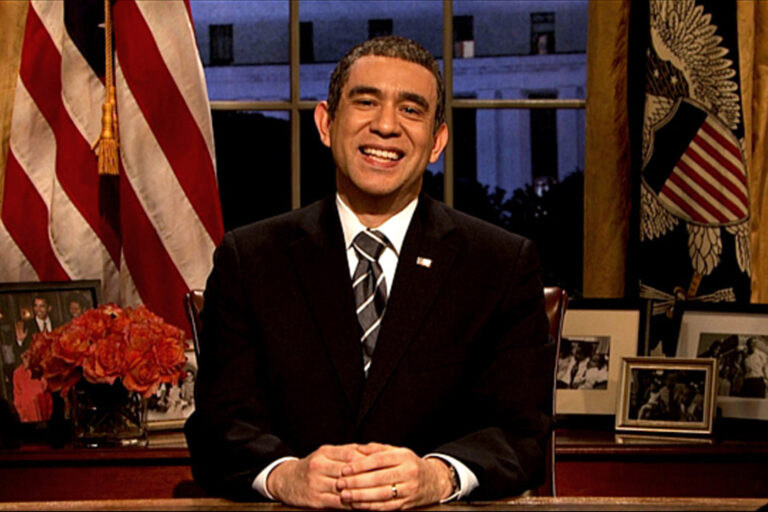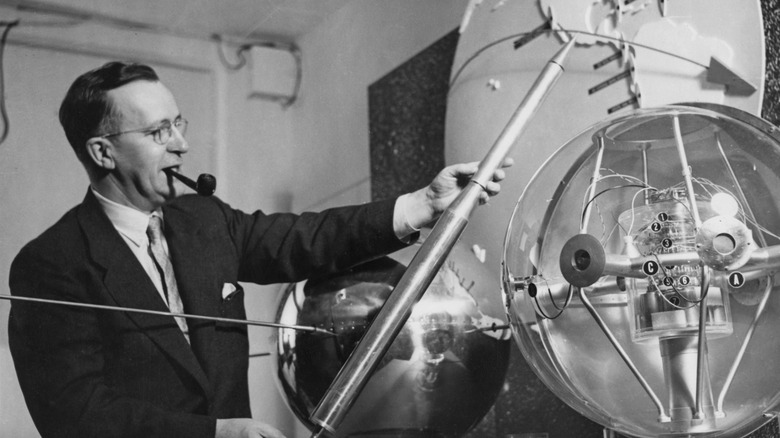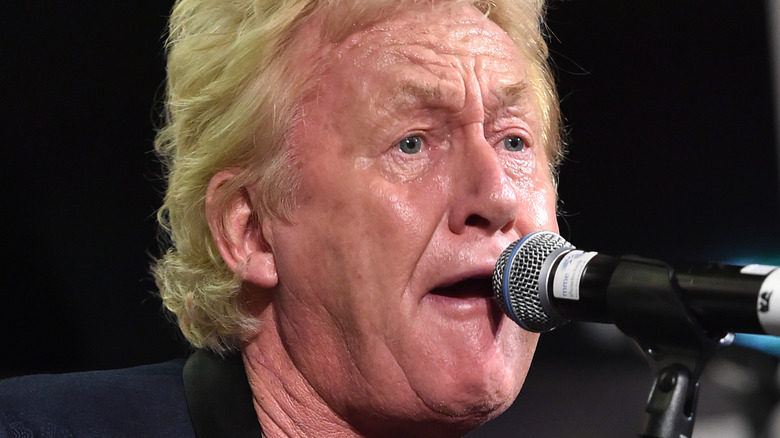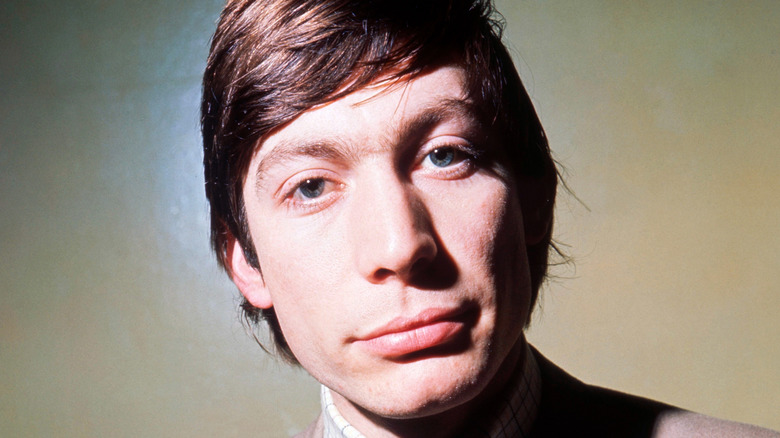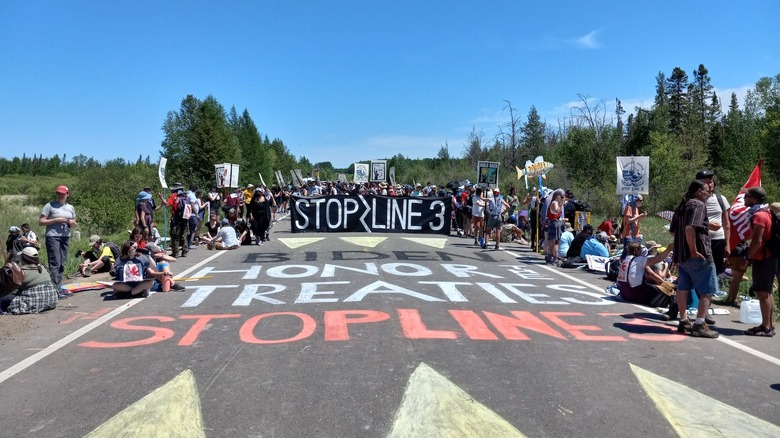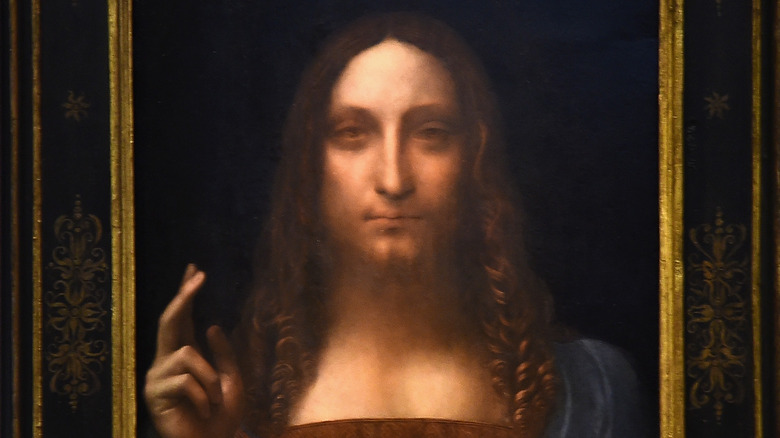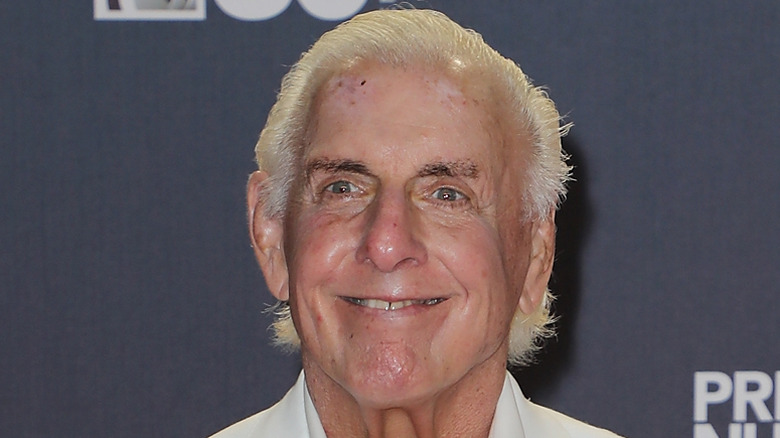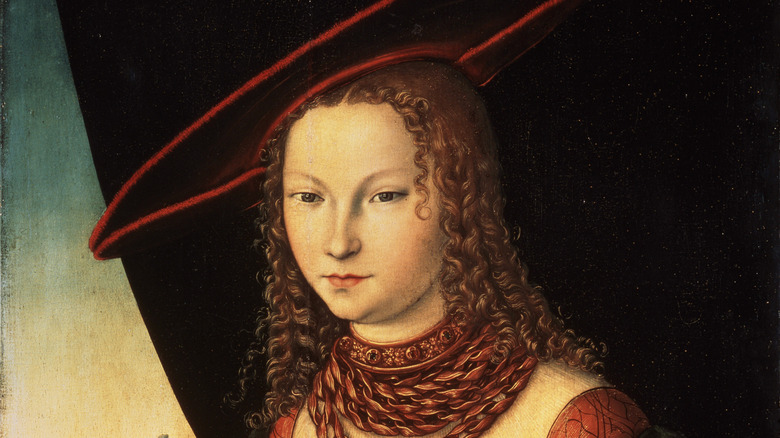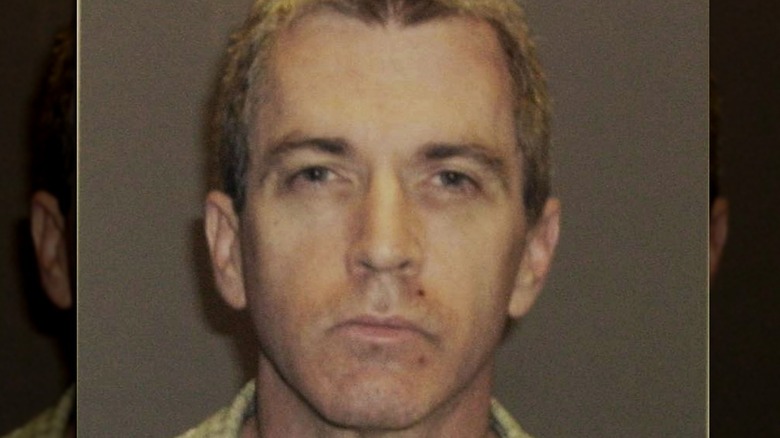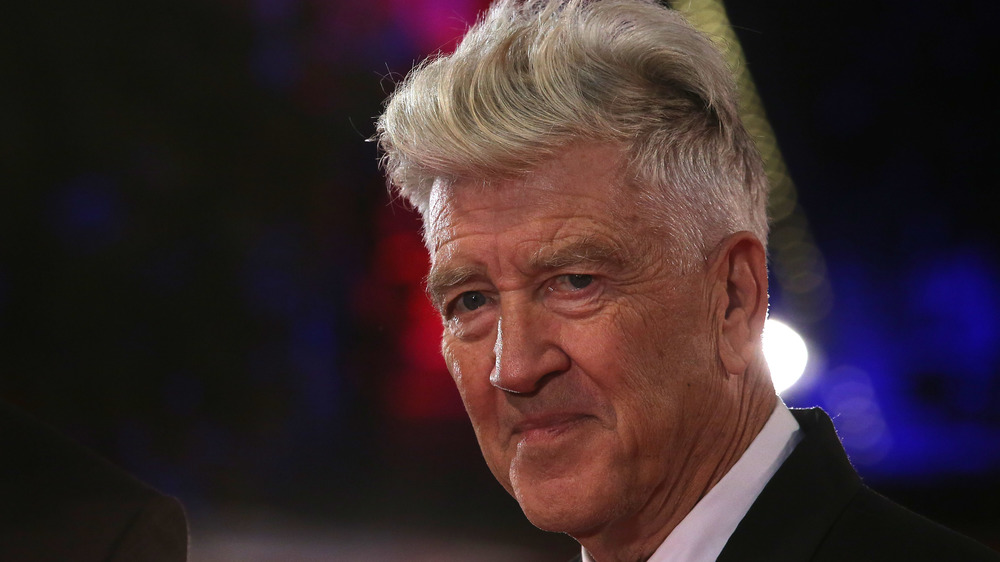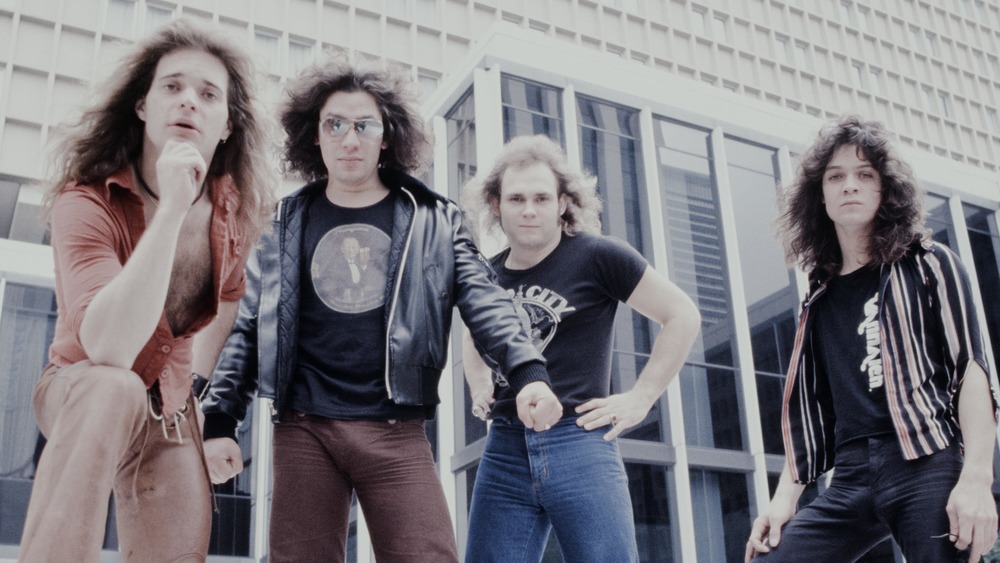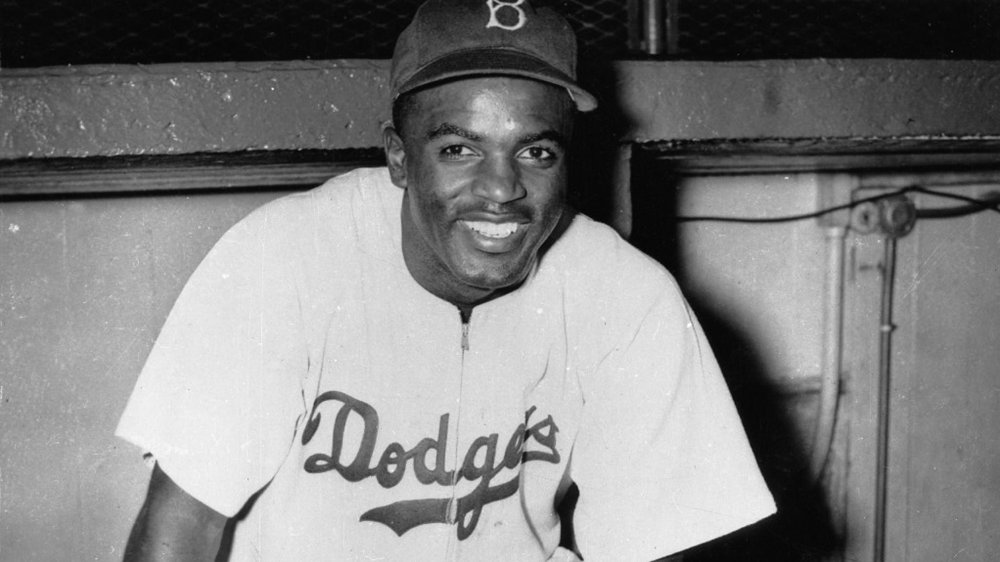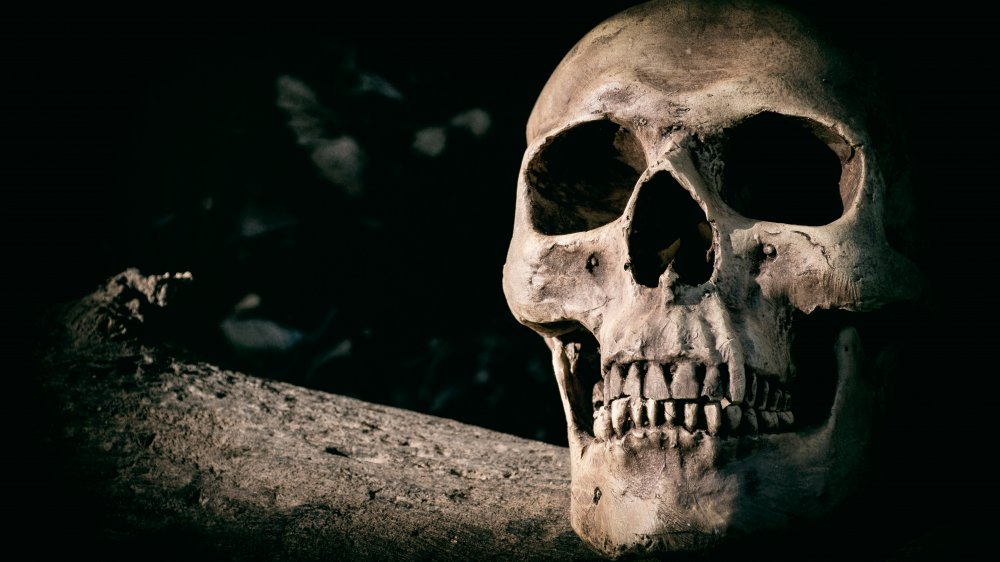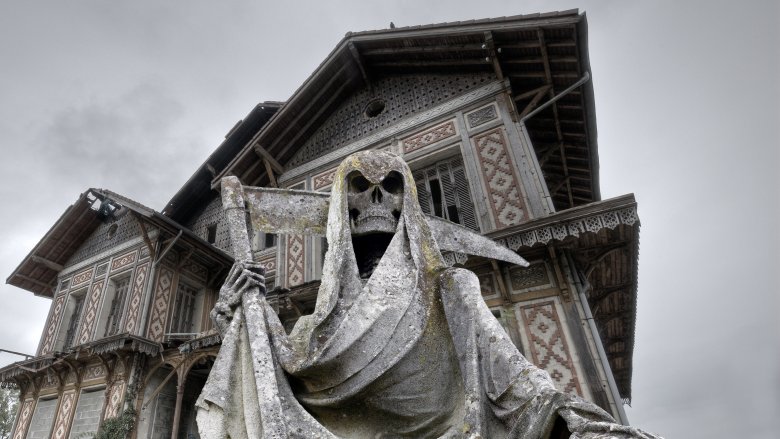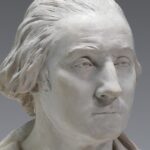
Why We Don’t Know Much About George Washington’s Religious Beliefs
It is no secret that religion, and in particular, Christianity, played a huge role in the founding of the United States of America. Some of the first settlers here fled religious persecution, for example, and the writings of the Founding Fathers — Thomas Jefferson, Benjamin Franklin, and Patrick Henry, among them — contain multiple references to God, Jesus Christ, and faith. The Declaration of Independence obliquely references the divine, saying that all men are “endowed by their Creator with certain unalienable rights,” according to the National Archives.
When it comes to the Father of the Country, as he’s called, things get murky, however. George Washington was known to go to church, according to History, although he’d sometimes miss it for weeks at a time, and would often leave early. What’s more, his writings reveal attitudes about God and faith that may seem contradictory and difficult to reconcile with each other.
Washington was baptized as an infant into the Church of England, according to Ron Chernow’s 2010 book “Washington: A Life.” He also attended church, though not regularly. According to his diaries, made available via the Library of Congress, he preferred to spend his Sunday mornings catching up on correspondence, or hunting. In one account of how he spent his time, according to the book “The True George Washington,” the first president noted that he went to church 16 times in 1760, and 14 times in 1768. When he went to church, he often left early, according to The Secular Web.
George Washington wasn't big on going to church
More than one officiant wrote that Washington was known to stand up and leave church early, before receiving Communion. Despite his seeming lack of fondness for being in church, Washington was apparently not reluctant to donate money in support of churches. According to New River Notes, Washington, apparently dismayed at the decaying state of one church building, offered to help pay for repairs. Further, according to the website of Washington’s home, Mt. Vernon, Washington had specific jobs — vestryman and churchwarden, which are roughly equivalent to lay leaders in a local congregation — at various Virginia churches over the course of decades.
What did his diaries and letters reveal about his relationship with God? Not much, it turns out.
According to the American Historical Association, Washington mentioned God over 100 times in his writings, but in most of those cases those references were in the form of colloquialisms, such as “thank God” or “oh my God.” However, he also referenced the need for religion in public life, and believed in the need for righteousness and morality in one’s personal life, according to the book “Washington’s God: Religion, Liberty, and the Father of Our Country.”
Washington wasn't prone to demonstrations of faith
Further, Washington often spoke of “Providence,” which may seem like a vague euphemism for something adjacent to the divine to 21st century ears, but at the time, was a clear and unambiguous reference to God, according to the Stanford Encyclopedia of Philosophy, whether the speaker was a Christian or a deist — a belief in a supreme ruler of the universe who does not intervene in its affairs.
It bears noting that whether or not George Washington was a devout Christian — sporadic church attendance and somewhat ambiguous writings aside — was a deeply personal matter that is impossible to determine two centuries after his death. It’s quite possible that Washington had reasons for limiting his talk of God to oblique references and generalized statements about faith and morality.
Author Ron Chernow, in his book “Washington: A Life,” says that Washington avoided open talk of Christianity and/or of fire-and-brimstone, and possibly avoided taking Communion, because he didn’t want to “flaunt his religiosity.” Further, he never drew from the well that was his religion in order to allow it to inform his politics or his official duties.
Further, according to the book, “George Washington & Religion,” the first president believed in, and practiced, something akin to religious tolerance. He prohibited anti-Catholic activities in the Continental Army, for example, and employed workers without regard to religion at his home and farm.

How Pluto Got Its Name
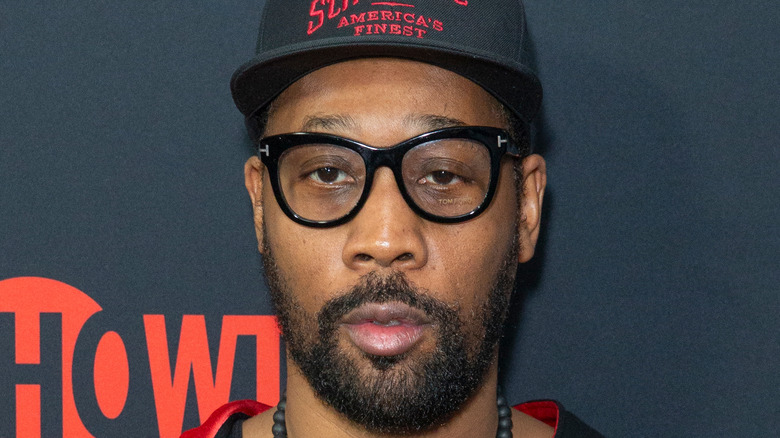
The Real Reason Wu-Tang Clan's RZA Nearly Ended Up In Jail
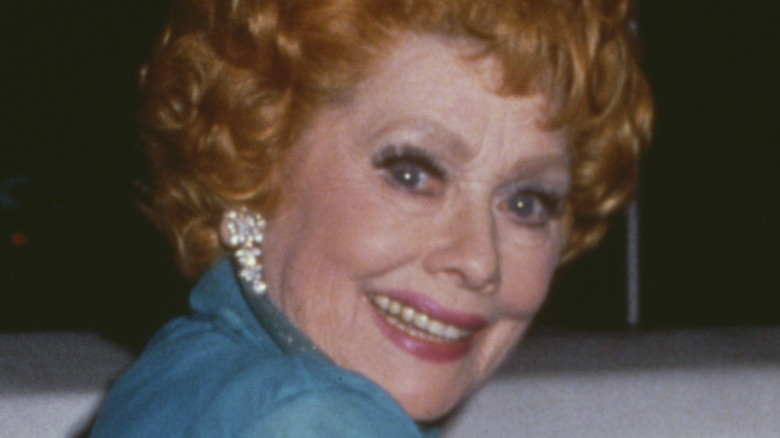
How Lucille Ball Is Connected To The Salem Witch Trials
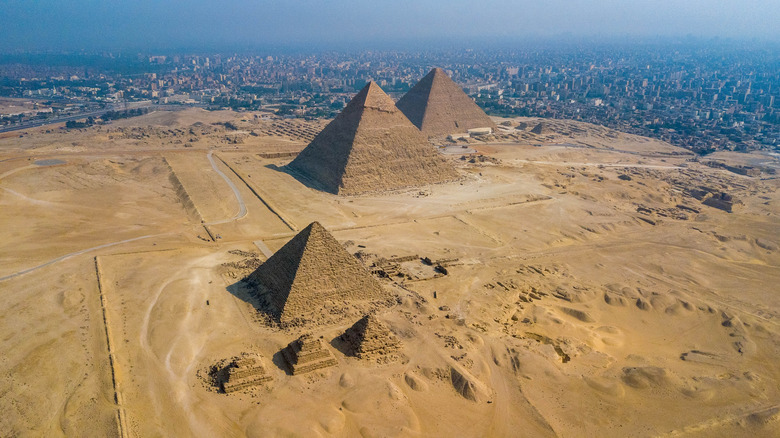
This Theory Connects The Egyptian Pyramids To Alien Existence

This Is The Deadliest Scorpion In The World
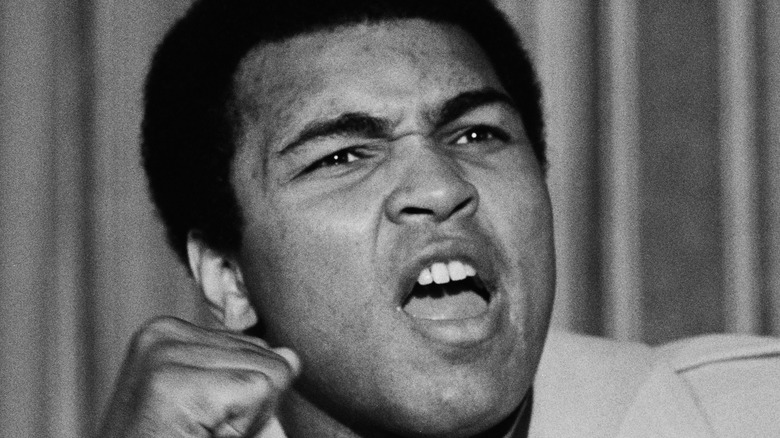
The Truth About Muhammad Ali's Time On Broadway
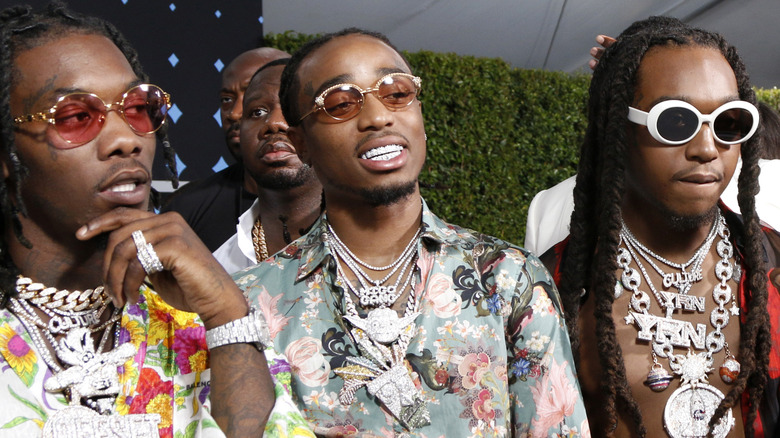
What Migos Really Mean By Their Song 'Straightenin'
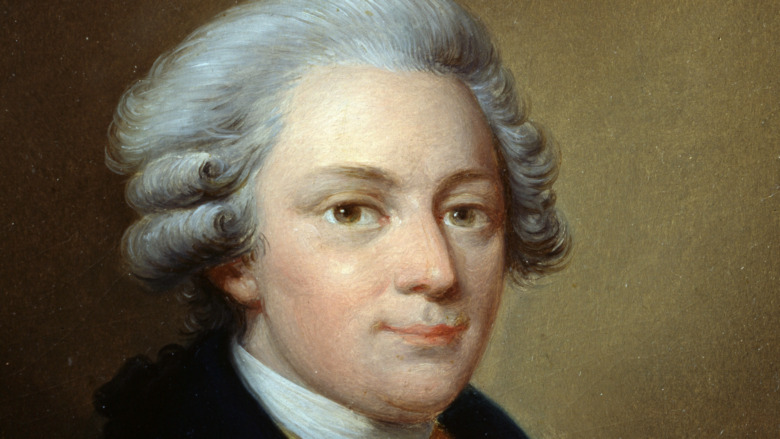
The Sad Fates Of Mozart's Children
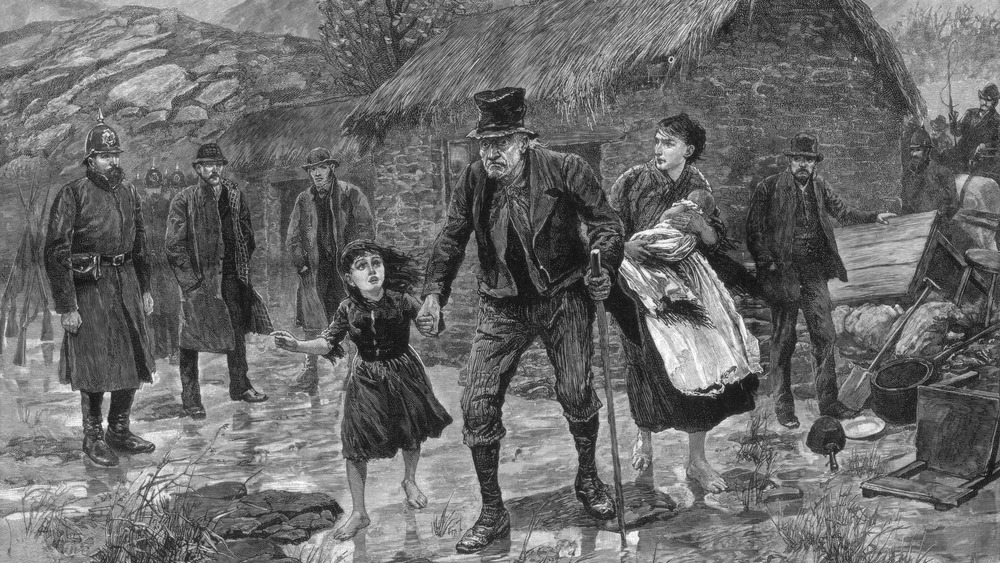
Boycott: The Wild Origins Of The Term Explained

Charity Events That Turned Into Total Disasters
